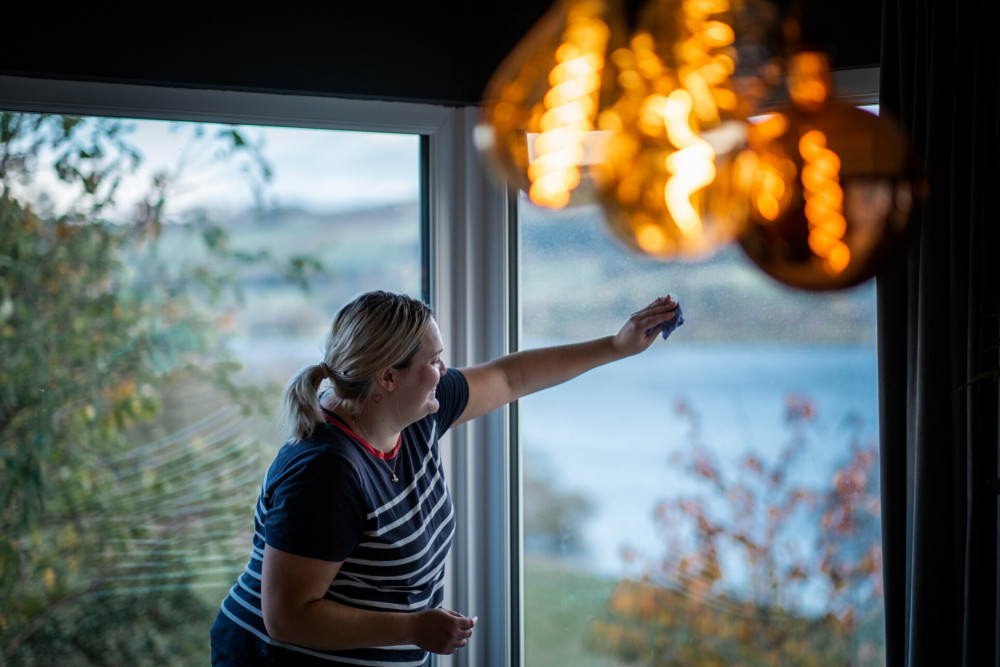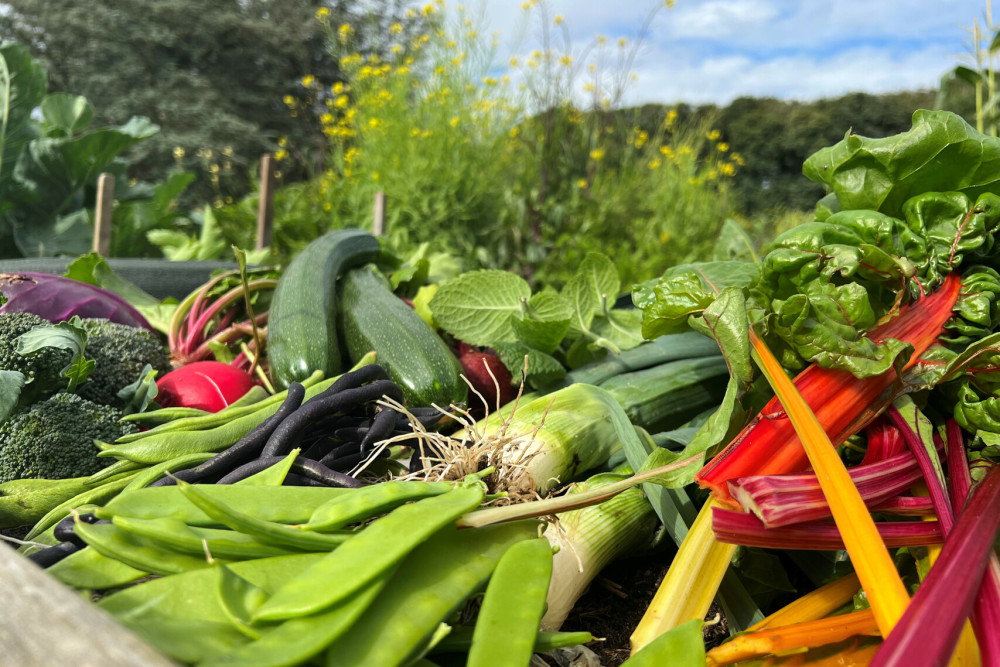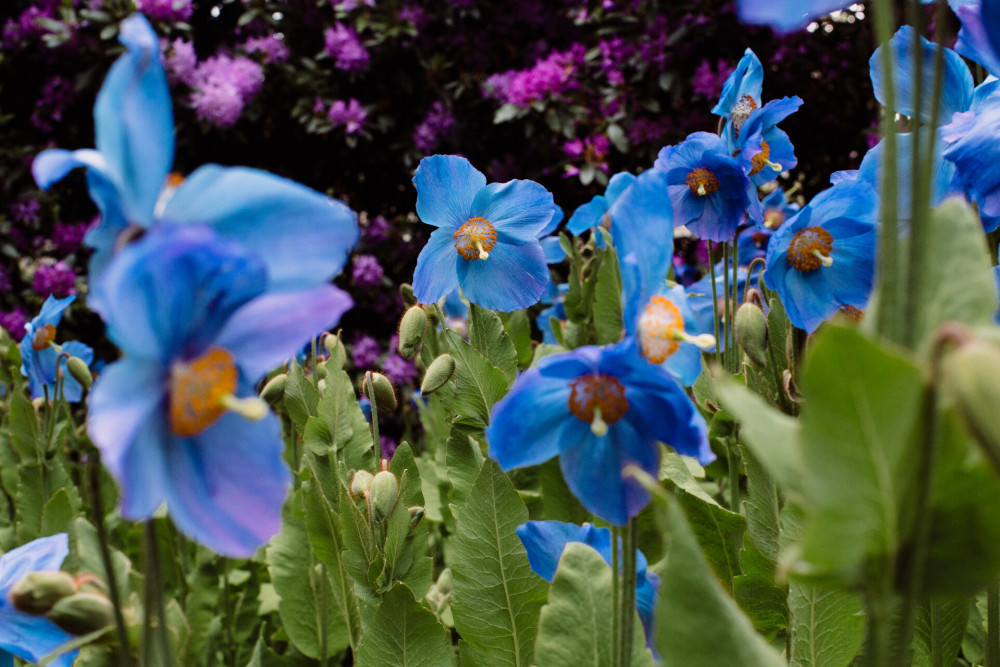Conservation
Conserving the earth’s natural resources is vital for a sustainable future. From We source energy from renewable sources for our hotels and finding innovative ways to reduce our energy demand. We also take pride in sustainably sourcing local, seasonal produce for our kitchens, using biodegradable cleaning products, and working with local conservation groups to boost biodiversity and bioabundance.
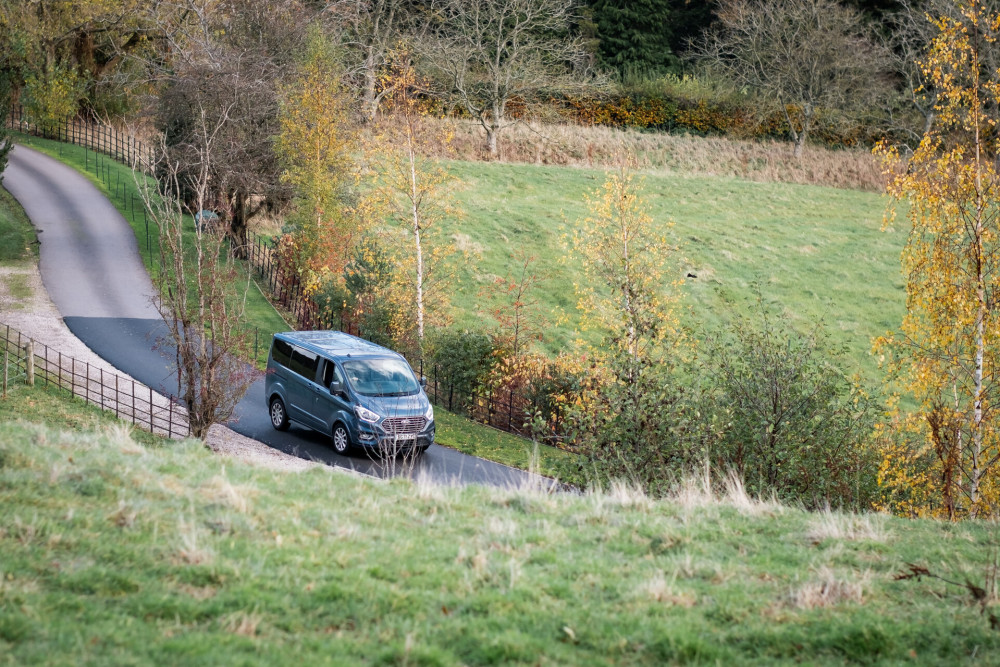
Helping change travel
We’re looking into how each of our guests arrive on Islay or The Lakes as part of our work to minimise the impact and emissions associated with their travel. At the moment, we’re gathering the data and creating an action plan.
Electric car drivers can currently fill-up their vehicle with renewable power during their stay, using our high-speed charging points.
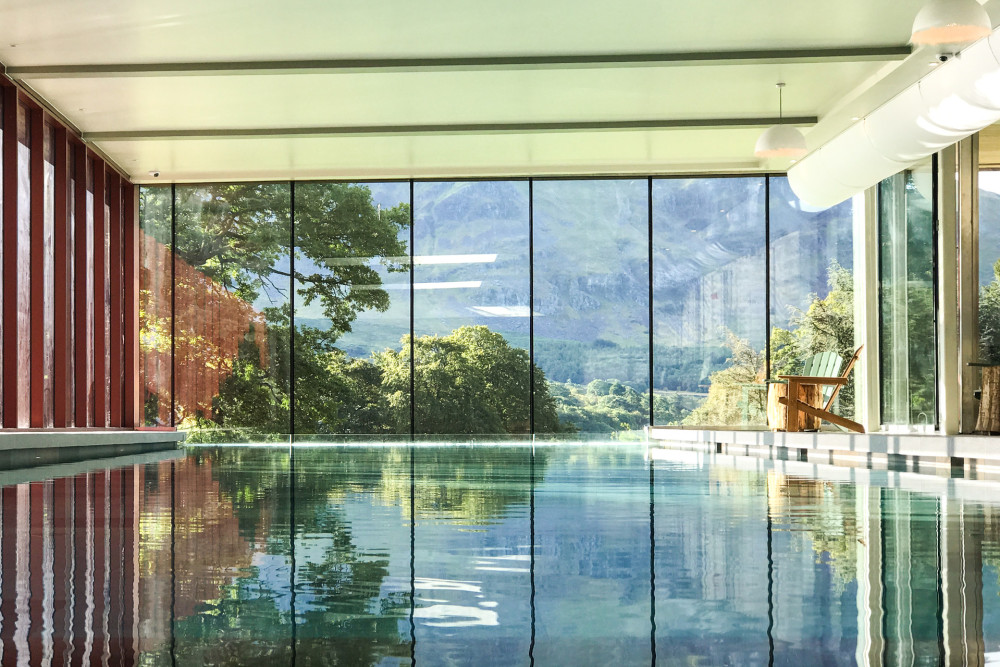
A lighter swim
At The Lake, the Swim Club pool blurs the boundary between the indoor space and the natural space outside that we’re committed to restoring and protecting. When you’re looking out on the surrounding trees or the sky above, you’ll be swimming in ultraviolet treated water that minimises the chlorine needed and reduces water usage – in an ultra-efficient OC1 filtration media.
Cleaner cleaning
For our team working hard to keep the hotel clean and tidy, and to help restore life to our open, wild waterways, we’ve cut out the chemicals from our general cleaning products and processes.
Recently implemented at The Lake with a planned roll out to The Machrie, our ozonated water-based cleaning system is a Green Seal-accredited system that’s fully-recyclable in a closed-loop system. After being used for cleaning, the solution is poured away as water, leaving no toxic by-products.
For degreasing in our restaurant kitchen and keeping toilets clean and sanitised, we’ve switched to using a UK-manufactured product range made from plant-based ingredients. Its FSC certified packaging reduces our transport, waste and packaging emissions by over 90%.
Positive palm oil
There’s a story behind every ingredient and product we use in our kitchens – and palm oil is no exception. Its production can have a damaging impact on the environment, but palm cultivation also supports millions of livelihoods around the world.
As part of our B Corp journey, we're auditing our product suppliers annually to ensure that any palm oil present comes from a sustainable source. This way, we know that we’re helping to protect wildlife by defunding unsustainable agricultural practices.
Taking natural heritage into the future
With its rich agricultural history, vibrant wildlife and dramatic grassy peaks, it’s no surprise that Ullswater has gained UNESCO World Heritage Site. Our footprint on the land is something we take seriously.
From day one, we’ve worked closely with landscape architect Laurel Truscott to create an outdoor space that not only works in harmony with its surroundings but helps it thrive. Our native wildflower meadows contribute to the aims of the Ullswater Catchment CIC and we’re part of collective work to protect and enhance woodland across the Lake District through our successional Cut-Leaf Beech and Walnut tree planting that supports the natural development and regeneration of woodland.
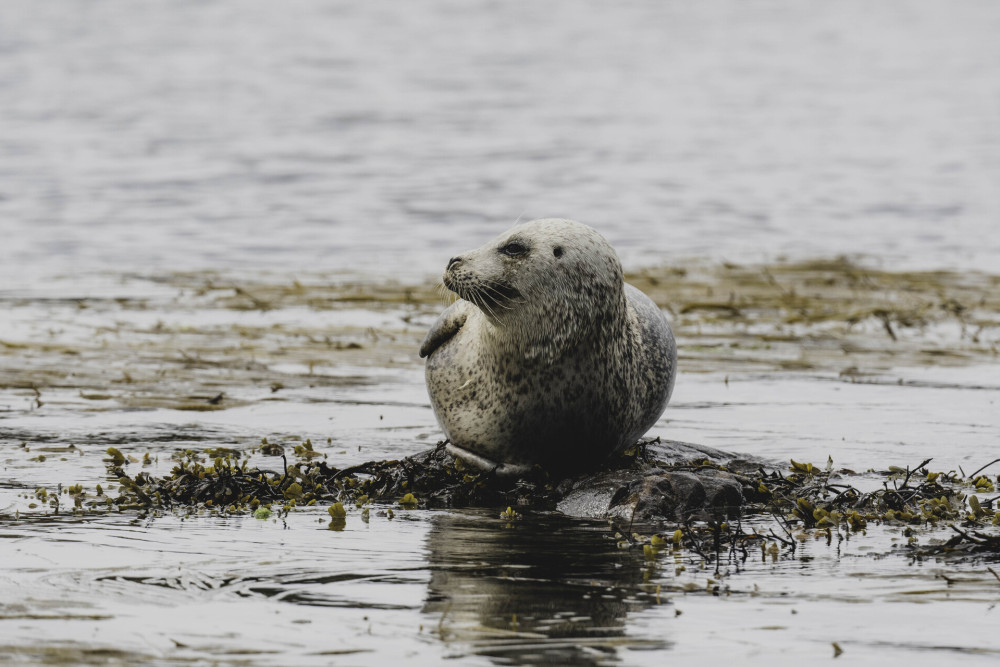
Into the wild
A bright red squirrel leaping through the trees, a slick otter’s head peeking from the water, the rousing clash of red deer antlers, or the swoop of a golden eagle, we love opening our guests’ eyes (and ears) to the beauty and diversity of wildlife that surrounds us.
You’ll find expert nature enthusiasts leading our wildlife tours and sharing important conservation messages, while wildlife wisdom from specialists provides nature-rich reading on our blog. We’re also helping preserve and protect local species, where we can, such as our squirrel feeders which help strengthen the local red squirrel population.
